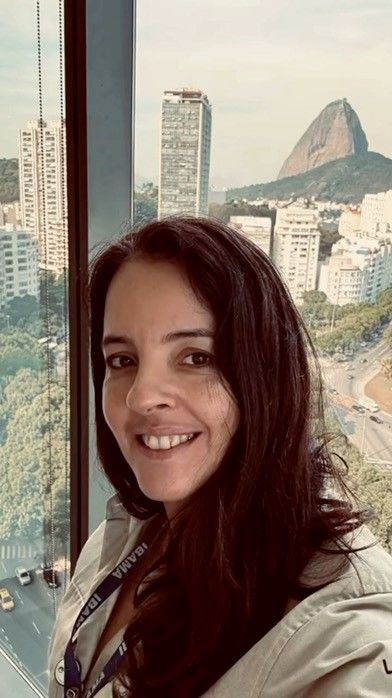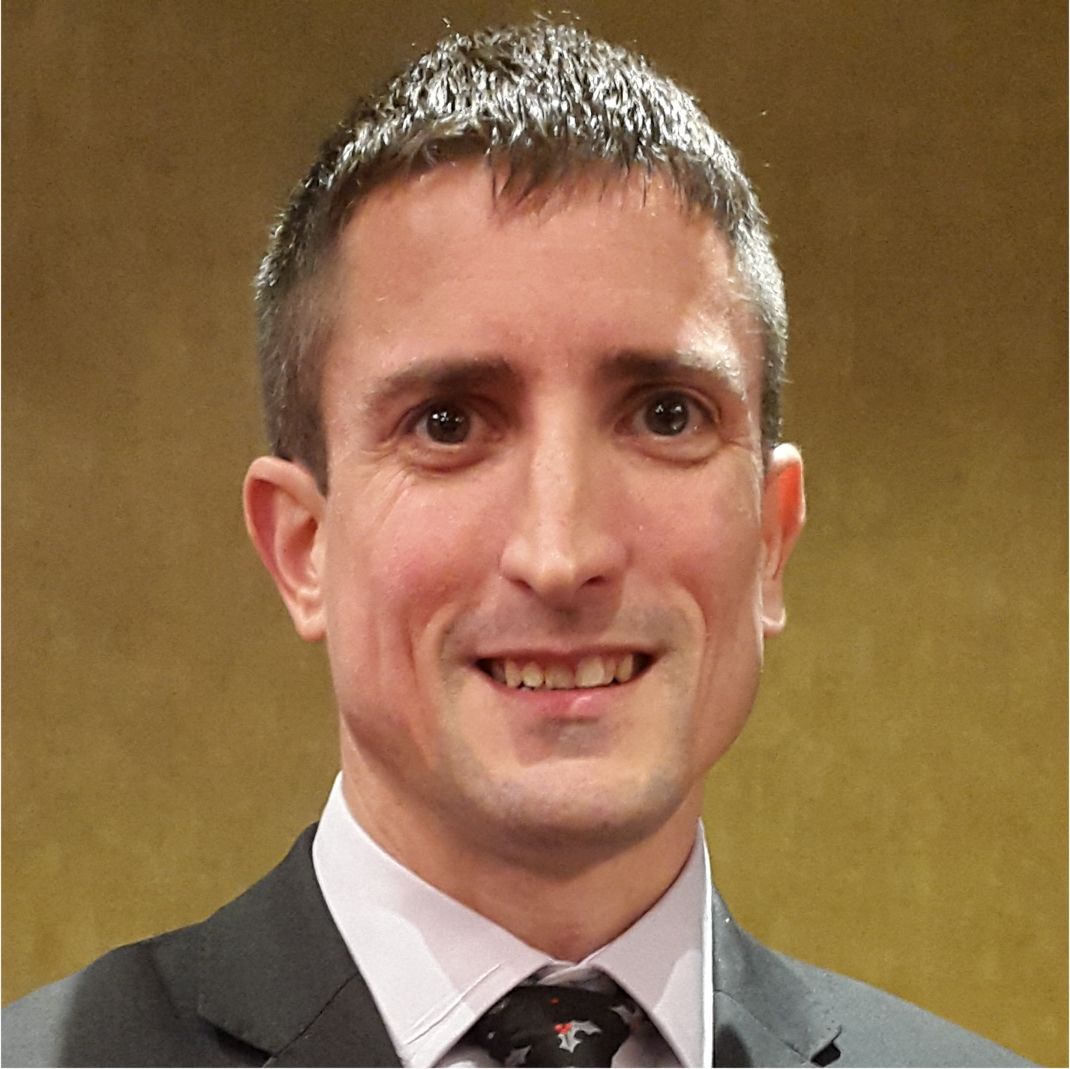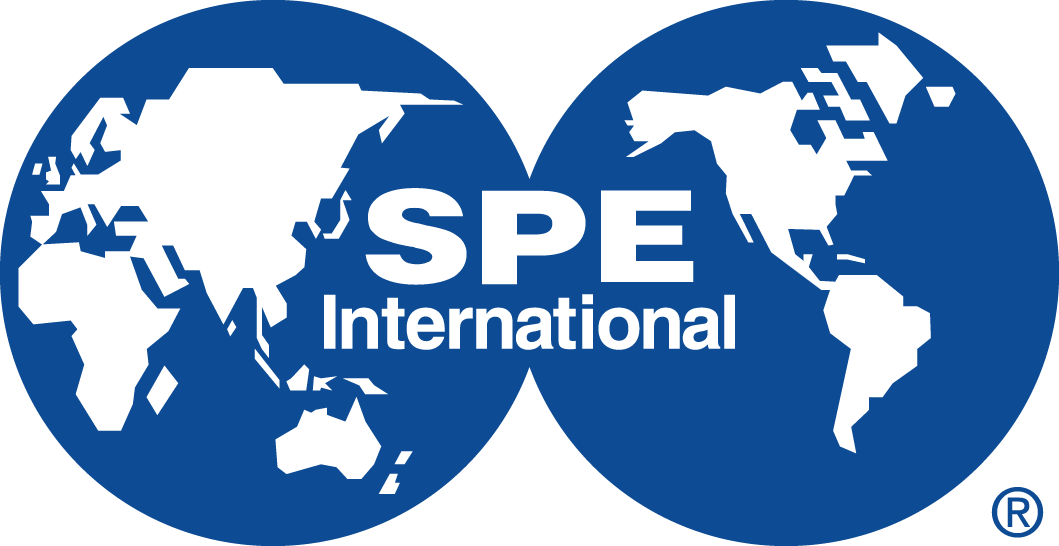-
540 mins
This course provides a fundamental understanding of water treating with a specific focus on upstream production and processing operations. It presents the fundamental mechanisms behind various water treating equipment and processes and gives practical experience from dozens of water treating facilities from around the globe for improved equipment performance.
Throughout the course, field experiences, practical issues, and performance of equipment is analyzed and explained in terms of chemistry and engineering principles. The scientific aspects of water treating are presented in a practical down-to-earth manner that can be understood with little prior study, and can be immediately implemented in the field.
-
60 mins
-
10 mins
-
30 mins
 Environmental Regulations and Requirements for the Discharge of Produced Water in Brazil
Environmental Regulations and Requirements for the Discharge of Produced Water in Brazil
Patricia Maggi, IBAMA, BrazilPatricia Maggi graduated in chemical engineering, and holds an MBA in Environmental Management. She also holds a Master’s Degree in Environmental and Safety Engineering. She is a senior specialist in oil spill response plans and environmental risk analysis.
She's been working as an environmental analyst at IBAMA (Brazilian Federal Environmental Agency) since 2004, and has been dealing with the environmental control of the offshore E&P industry for over 20 years. She is the head of the Oil and Gas Offshore Production Coordination in IBAMA.
-
120 mins
Offshore produced water treatment have challenges that are known for decades such as the classical problematic of space and weight limitations for equipment to handle water rate. This one is increasing with field ageing and then this is problematic will still be a first concern in future. Also classical constraints and challenges are the cost and environmental regulations, and these will become potentially more and more important. Water quality specifications are challenged, oil in water content to lower value, in some place the 15 mg/l target is under discussion, the tonnage of oil reject can also become a target, and water impact including chemical is also challenged. In addition to that, GHG emission must decrease and this come into the equation, especially for PWRI. In the context of energy transition, the cost is a big parameter, companies looking for low barrel development. Hence, handling produced water in the future needs to improve, it is time of opportunities.
Session Chairpersons: Claudio Furtado, Petrobras; Pierre Pedenaud, TotalEnergies
Speakers:
Offshore Produced Water Challenges Overview
Thais Moura, VeoliaExploring Traditional and Emerging Granular Media for Oil Removal from Produced Water through Depth Filtration
João Paulo Bassin, UFRJ RioCorrelations between Methods to Determine Total Oil and Grease in Produced Water
Lara Arinelli, EquinorImproving System Efficiency and Reliability with Low Shear Pumps and Valves
Rune Sipilä-Husveg, Typhonix AS
-
20 mins
-
120 mins
Water injection is normally used as the preferred drainage mechanism and to optimize oil recovery. The quality of water injected into an oil reservoir has significant impact on the reservoir and fluids, but it is almost impossible to specify a “general water” that is suitable for all kinds of reservoir . A thorough disinfection to mitigate souring of the reservoir and generation of H2S is a prerequisite. Solids have to be removed from the injection water to avoid plugging of the fine reservoir pore throats. Further tailoring of the chemistry of the injection water to mitigate any compatibility issues between raw sea water and formation water is critical for many reservoirs and operation to avoid precipitation of solids and scaling. Change in salinity may alter the wettability conditions in some reservoirs and lead to increased oil recovery. Injection of aerated water has the potential to simplify treatment process and improve performance in many cases. The interaction between injected water, reservoir rock and fluid, is complex with big impact on performance. This session will discuss challenges, experience, and ways to improve water flooding.
Session Chairpersons: Torbjørn Hegdal, NOV; Aline Machado de Azevedo Novaes, Petrobras
Speakers:
Analytical Methods Based on Digital Image to Monitoring Reinjection Produced Water
Marco Antônio Gomes Teixeira, Universidade Federal Fluminense (UFF)Key Parameters for Successful Water Injection, TotalEnergies Experience
Pierre Pedenaud, TotalEnergiesDefining the Composition of Injected Water Based on Reservoir Characteristics
Aline Machado de Azevedo Novaes, PetrobrasSlop Water and Produced Water Successfully Treated on Balder and Jotun A by Use of Ceramic Membranes
Åsbjørn Dysvik, Eagle Technology
-
75 mins
-
60 mins
Water production is almost always seen a cost in oil and gas field developments, and hence operation budgets target the cause and treatment of this water in order to minimize it. However, there are instances where water is a welcomed ally, such as in enhanced oil recovery projects. This theoretical and practical session is to highlight feasibility and requirements of projects where produced water reduces costs and increases revenue when is disposed underground to increase the recovery factor of the reservoir.
Completion, production and reservoir engineers should attend.Session Chairpersons: Diego Perez, Independent Consultant; Luis Quintero, Halliburton
Speakers:
Polymer EOR – Optimizing your Reservoir Sweeping Efficiency to Increase oil Production with Water Savings and CO2 Emissions Reduction
Martin Gabriel Muñoz, SNF Argentina SRLBio Competence Pilot Test Experience of Unconventional Microbiological Control Approach in EOR Surface Facilities
Augusto Croce, CAPSA; Laura Raiger Iustman, CONICET and UBA.
-
30 mins
-
90 mins
The decision on the best form of final disposal of produced water must be made based on the analysis of various risks. From the uncertainty about the levels and types of organic compounds expected in this effluent to the risks associated with the reinjection of produced water. The objective of this session is to address part of the information necessary for a better decision.
Session Chairpersons: Rogerio Carvalho, Petrobras; Claudio Furtado, Petrobras
Speakers:
PWRI study: Towards Optimization of PWRI in Low Permeable ChalkSimon Ivar Andersen, DTU Offshore - Danish Offshore Technology Centre
Detailed Chemical Evaluation of Naphthenic Acids in Produced Water
Leandro Wang Hantao, UNICAMPSafe injection - from out of Zone Injection to Save Operation
Frode Uriansrud, Equinor
-
75 mins
-
60 mins
-
30 mins
OSPAR's Approach to Produced Water Discharges: Strengths, Challenges and Global Potential
Nik Robinson, NIKAM Consulting Limited
Nik holds a doctorate in environmental risk assessment and spent 5 years working with the UK environmental regulators. At BMT, he supported the oil and gas industry as an environmental consultant, established a REACH team, and authored the offshore oil & gas industry's guidance document on EU REACH legislation.
Nik then joined Nalco, where he navigated two REACH phase-in deadlines, earned a Black Belt in Lean Six Sigma, and developed a strategy for the 2018 REACH deadline.
In June 2014, Nik launched NIKAM Consulting and serves as the Executive Secretary for EOSCA. He acts as an observer at OSPAR, and represents EOSCA at policy meetings with Defra, ECHA, and the European Commission. A joint author of the updated CHARM Manual, Nik supports clients with offshore chemical assessments, UK & EU REACH processes, and biocidal product issues. Nik has also delivered training and knowledge sharing on the assessment of offshore chemical use to the Nigerian Department of Petroleum Resources and in other geographies.
-
90 mins
Operators in different regions are trying different techniques, chemicals and technologies to improve produced water handling and quality in meeting environmental challenges as well as reducing environmental impact , improve productivity and reduce operational cost. The deployment of new technologies or advancing on old technologies have been tried in different regions both onshore and offshore with some success. Sharing the experience from the different regions will be provide the confidence in utilizing such technologies effectively while minimizing the environmental impact and maximizing resource utilization.
Session Chairpersons: Luciana Gusmão Freire, Equinor Brazil; Wally Georgie, MaxOil Consultancy; Gizem Ersoy Gokcal, ExxonMobil
Speakers:
Data-Driven Optimization of Raw Water Injection Pump in Albacora
Mahdi Darab, SLB / OneSubseaChallenges on Decommissioning Assets: BJSA Slop Tanks Treatment
Nathália Pires Monteiro, ShellActive Water Management of Post-Salt Field
Tarciana Araujo Lopes, Petrobras
-
30 mins
-
90 mins
Water management in the energy industry is an important topic that affects environmental impact (discharge - GHG emission impact), safety, cost and production. This session focuses on how to handle increased water rate bort related to limiting water production and increased injection rate. This includes the cross-discipline effort between subsurface, D&W (drilling / completions), facilities to achieve best as possible water management.
Session Chairpersons: Frode Uriansrud, Equinor; Lauren Flores, Chevron
Speakers:
A Journey Through Safe Injection in Peregrino
Clara Salomon, EquinorIncreasing Oil Production by Integrating Water Management Solutions in Brown Fields: A Case Study
Oscar Julian Pena Piraneque, Aryanne Nascimento Martins da Silva, PRIOA Review of Remedial Treatments for Impaired Performance of Produced Water Reinjection Wells
Tony Mitchell, Equinor
-
60 mins
-
90 mins
Injecting water in for disposal, waterflood or EOR scenarios, or producing unwanted water, happens only through the well and its immediate vicinity, i.e. the wellbore. As such, each component of the flow path including but not limited to cement, reservoir, packers, tubing, sliding sleeves, etc., must be characterized and their behavior understood in numerous static and dynamic conditions.
This session illustrates how the wellbore is in the critical path of all processes and how it impacts all aspects of water management.Session Chairpersons: Aline Machado de Azevedo Novaes, Petrobras; Luis Quintero, Halliburton
Speakers:
Experimental and Computational Modeling of Injectivity during Produced Water Reinjection
Adriano Santos, Petrobras / UFRNThe Wellbore—Impact on Water Management
Luis Quintero, HalliburtonChemical Treatment in the Near Wellbore
Neil Goodwin, Scaled Solutions
-
30 mins
-
120 mins
Produced water is conventionally treated through different mechanical, chemical, and biological methods. In the majority of existing production facilities, emphasis is on continuous operational optimizations to process higher production rates, while maintaining water quality targets for re-injection, discharge and/or re-use. This will present unique challenges and solutions for each production facility. In recent years, implementation of various processing technologies combined with the use of continuous online oil-in-water monitors has played an important role in the management of produced water. In addition, there is an increasing interest in the application of artificial intelligence and machine learning techniques in this space. The objective of this session is to discuss these trends in new treatment and monitoring technologies as well as best operational practices.
Session Chairpersons: Ming Yang, National Engineering Lab; Shaya Movafaghian, CETCO Energy Services
Speakers:
Experiences in WSOs Removal from Laboratory Tests to Field Trials
Aryanne Nascimento Martins da Silva, PRioNew and Mature Produced Water Treatment Technologies under Petrobras’ Scrutiny
Luiz Eduardo Lopes Ferreira, PetrobrasForecasting Total Oil and Grease in Discharged Produced Water Offshore Using Machine Learning Methods
José Marques Oliveira Junior, Petrobras; Marconi de Arruda Pereira, Universidade Federal de São João del-Rei, BrazilResearch into Links between Produced Water Characteristics and Oil Sheen Formation
Giovanni Bressiani Pedroso, SENAI; Rogério Mesquita de Carvalho, Petrobras, Brazil
-
60 mins
-
90 mins
Flow Assurance represents the application of successful and economical processes so that the reservoir fluids can be delivered optimally from the pore space to the final point of discharge (sale, treatment or disposal). Flow insurance risks include the accumulation on both inorganic and organic deposits in wells, flowlines and facilities which can hinder the safe and reliable delivery of fluids. This session will focus on the flow assurance aspects of water management including inorganic scale mitigation, souring control, solids management, corrosion and water quality assurance, and will address issues related to pipeline integrity, chemical treatment, monitoring, and risk management.
Session Chairpersons: Paul Evans, Chevron; Gizem Ersoy Gokcal, ExxonMobil
Speakers:
Souring Forecast and Control in Brazilian Offshore Fields
Daniel Haas, PetrobrasTechnology Development for Inorganic Scale Surveillance and Management
Monica Canalizo, ExxonMobilProduced Water Quality Beyond OIW Readings: Lessons Learned in Brazil
Igor Caeiro, Shell
-
30 mins
-
90 mins
The oil and gas industry faces future challenges in handling the increased volume of produced water and with these challenges, there are increasing requirements to assess alternative options to utilize the PW for low carbon economy working environment and other uses that benefit the overall environment. In addition, with the scarcity of water resources globally, there are more needs to find means to utilize the PW from oil and gas industry for more useful industrial and agricultural applications, such as for industrial process, irrigation possibly initially for nonfood chain applications and with the future increased confidence, it may lead to other irrigation use cover the food crop. In addition, the oil and gas industry may invest in research for more sustainable water management practices that potentially can reduce the use of water in the oil industry, as well as using the produced water to generate alternative energy, such as green hydrogen.
Session Chairpersons: Wally Georgie, MaxOil Consultancy; Pierre Pedenaud, TotalEnergies
Speakers:
Environmental Monitoring of Treated Produced Water Offshore Guyana
Bryan M. Hedgpeth, ExxonMobil GuyanaOpportunities for Reducing the Carbon Footprint of Offshore Water Injection
Elio Finicelli Junior, Veolia Water Technologies & Solutions
Holistic Approach to Understanding Water Management, Injection, Production
Chip Westaby, Benchmark Measurement Solutions

.jpg)